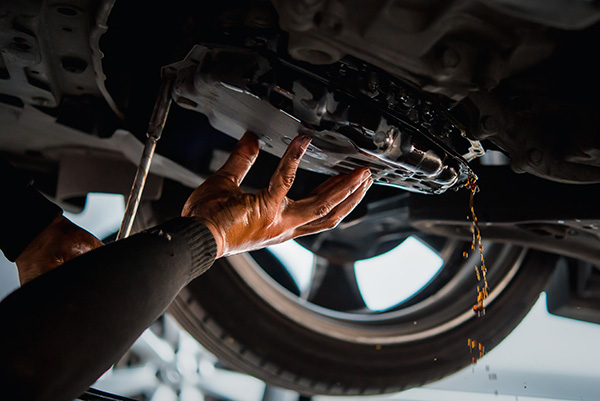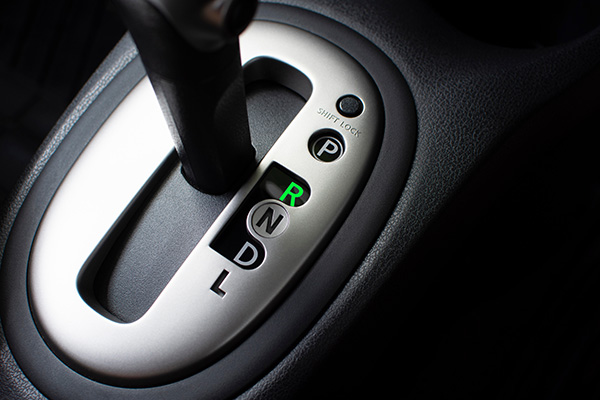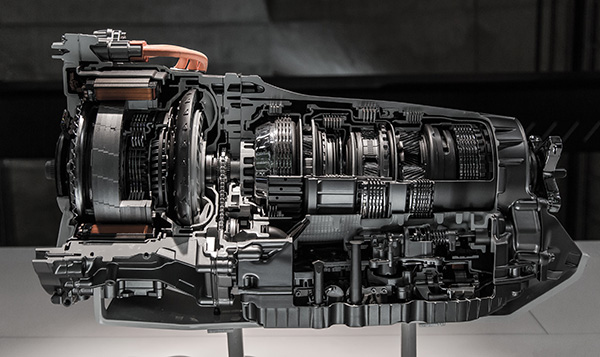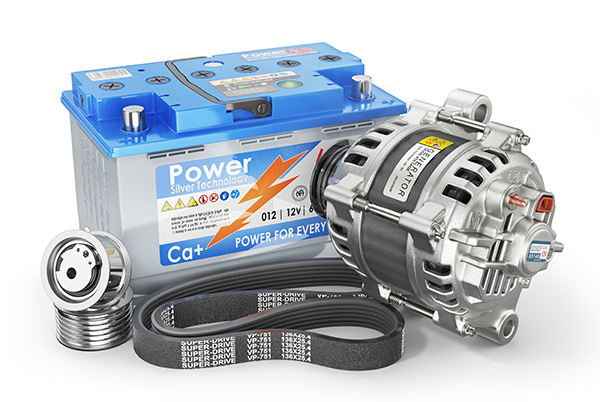Posted on 2/27/2026

Low transmission fluid does not cause issues right away. You might notice a mild delay going into gear, a softer shift than usual, or a faint whiff of something hot after a longer drive. A lot of drivers keep going because the car still moves, and the problem feels inconsistent. The trouble is that transmission fluid is not only a lubricant. It is also the hydraulic fluid that makes the transmission apply gears correctly, and when the level drops, the whole system loses stability. Why Transmission Fluid Level Is So Important Automatic transmissions use fluid pressure to engage clutch packs and bands. That pressure is controlled through passages and valves, and it depends on the fluid being at the correct level and condition. If the level is low, the pump can pull in air along with fluid. Air in the system changes pressure behavior. It creates delays, slipping, and heat, and once heat builds, fluid breaks down faster. This is why low fluid tends to snowball into big ... read more
Posted on 1/30/2026

A harsh shift can feel like someone bumped your car from behind. You pull away from a stop, it upshifts, and you feel a thud. Or you shift into Drive and it engages with a jolt that makes you look around like you hit something. That kind of shift is hard to ignore, and you shouldn’t. Sometimes it’s a simple issue. Sometimes it’s the early warning that the transmission or drivetrain is under stress. The good news is that harsh shifts usually follow patterns. If you pay attention to when it happens and what it feels like, it can point you toward the right area faster. Why A Transmission Can Engage With A Jolt Automatic transmissions rely on fluid pressure to apply clutches and bands smoothly. If pressure ramps up too quickly, or if a clutch applies late and then grabs suddenly, you feel the slam. The transmission may also change shift strategy when it detects a fault, which can make shifts feel firmer than normal. Harsh engagement can also be amplif ... read more
Posted on 12/19/2025

When your transmission pauses, flares, or shudders between gears, it can make every drive feel a little uncertain. You might press the gas, expect a smooth upshift, and instead feel the engine rev with a delay before the next gear finally grabs. Sometimes it starts as a rare hiccup, then slowly becomes a pattern. Treating that hesitation early can prevent you from ending up with a breakdown or a major transmission repair. Why Transmissions Hesitate Between Gears A modern automatic or CVT relies on precise hydraulic pressure, clean fluid, and healthy internal components to shift smoothly. When something in that chain is off, the transmission can take longer than it should to complete a shift. Low or degraded fluid, a weak pump, or sticky valves inside the valve body all change how and when clutches apply. The result is that “hanging” feeling b ... read more
Posted on 11/28/2025

A weak battery and a weak alternator can make a car act the same way. You turn the key, the starter hesitates, and the lights look a little dim. Many drivers replace the battery first, only to have the new one go flat a few days later. The reason is simple: the battery stores energy, but the alternator makes it while the engine runs. When the alternator falls behind, the battery takes the blame. Why a Bad Alternator Mimics a Bad Battery Both parts live in the same electrical loop, so their symptoms overlap. A worn alternator does not keep the battery charged, which leaves too little reserve for the next start. Short trips make this worse because the alternator has less time to replenish what starting the engine used up. Cold mornings add load from the heater, window defogger, and seat warmers, so the battery drains faster and voltage dips. It feels like a tired battery, but the charging system is the root cause. Common Signs the Alternator Is Struggling ... read more
Posted on 10/31/2025

Thanksgiving road trips are always memorable, but they can also be stressful if your vehicle isn’t ready. Whether you’re driving a few hours to visit family or hitting the interstate for a longer haul, a breakdown on a holiday weekend is the last thing anyone wants. Cold weather, heavy traffic, and fully packed vehicles all add strain to your car’s systems. That’s why a little preparation now can save you a lot of time, money, and frustration later. Check the Oil Before You Go One of the simplest ways to protect your engine is to check the oil before your trip. If it’s dirty, dark, or low, an oil change should be at the top of your list. Engine oil keeps parts lubricated and prevents overheating, especially during long highway drives. Skipping this step could put extra stress on your engine when it’s already working hard. Inspect Tires for Pressure and Tread Tires often get overlooked, but they’re critical ... read more